CHRIST University offers rigorous programs, valuable resources, and countless opportunities that will enable you to pursue your desired course of study..


BCom (Financial Analytics/Honours/Honours with Research), MSc (Global Finance & Analytics), PhD in Commerce
Explore
Courses Offered: MA (English with Digital Humanities) & Doctor of Philosophy (PhD) in English
Explore
BA LLB, BBA LLB, LLM (Corporate & Commercial Law), LLM(Constitutional & Administrative Law) & PhD in Law.
Explore
BSc(Computer Science, Data Science), BSc(Economics, Statistics), BCA, MSc(Data Science), MSc (DS, CU)+MS (System Science) (BU) USA&l...
Explore
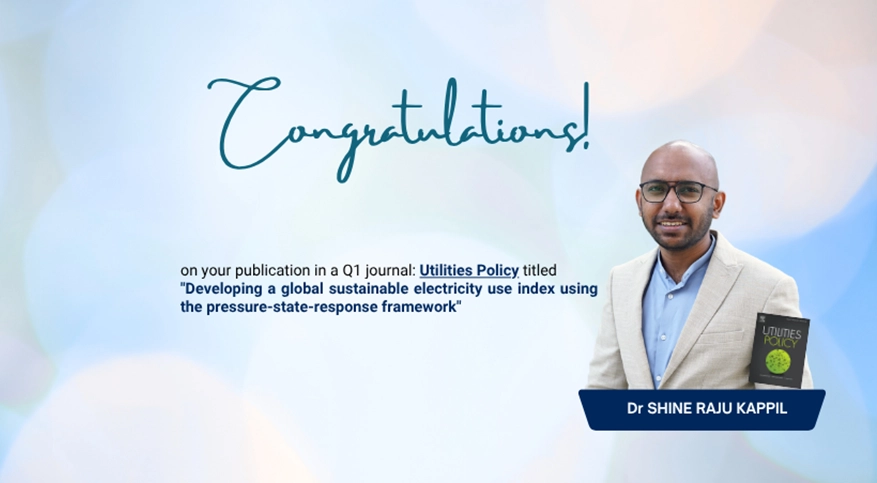
on your publication in a Q1 journal: Utilities Policy titled
"Developing a global sustainable electricity use index using the pressure-state-response framework"

for successfully presenting the paper titled “Fragmented Selves and Digital Memory: Autofiction in the Age of Social Media” at the Sixth Biennial IABA Chapter of The Americas Conference

Badminton Women's team (Khushi Jha & Soujanya S Pillai) have secured 2nd place at Badminton Super Cup hosted by Flame University, Pune on 9th march 2025
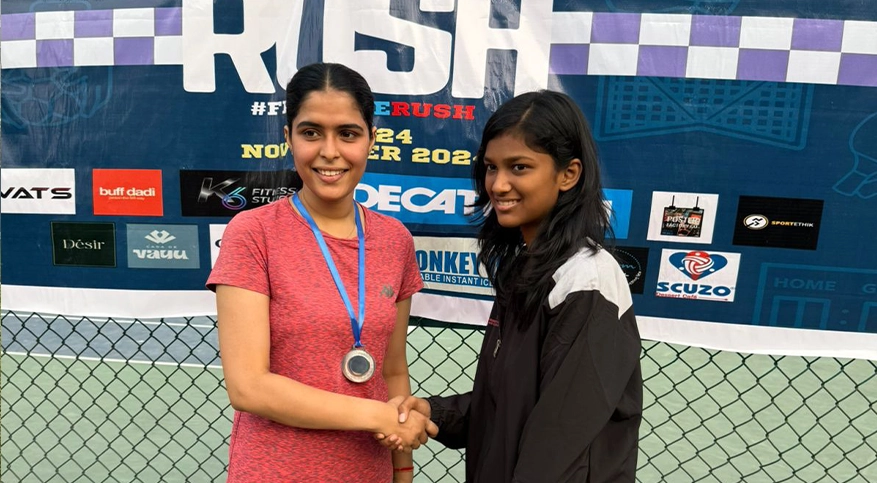
Our students, Ritika Singh has secured Second Place for Lawn Tennis Women Singles in the prestigious RUSH tournament conducted by Symbiosis University, Pune
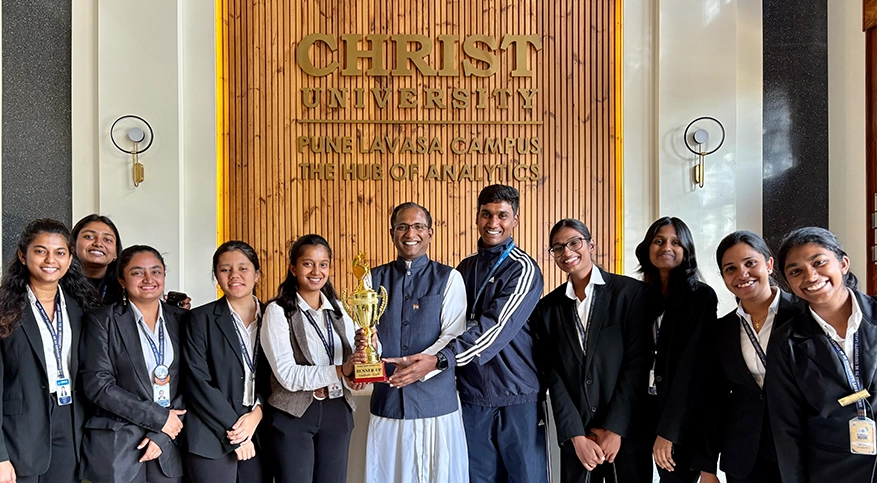
Football Women's team have secured 2nd place at GH Raisoni College, Engineering and Management, Pune on 5th march 2025
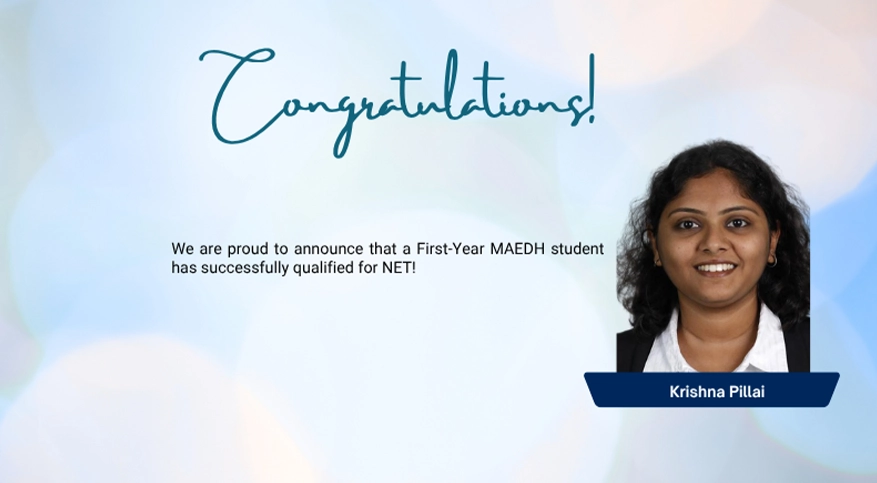
We are proud to announce that a First-Year MAEDH student has successfully qualified for NET!
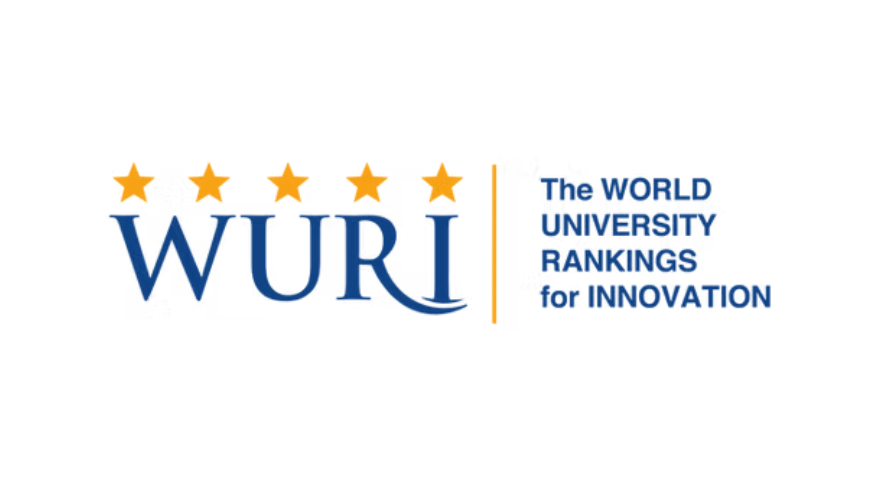
CHRIST (Deemed to be university) Among 1253 Universities from 87 countries and 4866 Proposals

Christ University Wins Excellence in Tech-Enhanced Training and Placement Award at TechEDU India Awards 2025.

CHRIST (Deemed to be University) Awarded ‘Outstanding Private Deemed to be University’ at The Economic Times Education Excellence Awards 2025

Where borders fade and learning travels.
Ideas don’t need passports. Through vibrant international collaborations, exchange programs, and cross-cultural experiences, this space turns the world into a shared classroom. It's not just about going global — it's about growing global, together.
Christ University hosts distinguished guests from academia, industry, and the arts, inspiring students and faculty through insightful interactions and discussions.

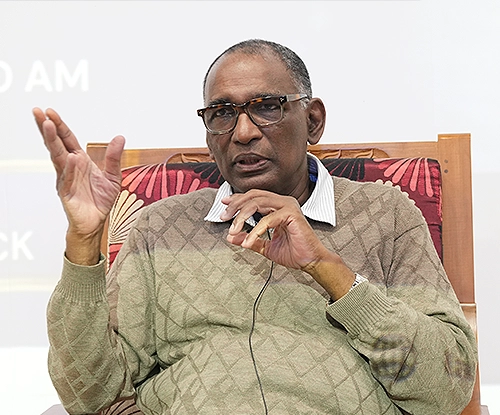
Retired Judge
Supreme Court of India
_20260110091935..webp)
Indian Film Actress
_20260110092040..webp)
Indian Film Actor
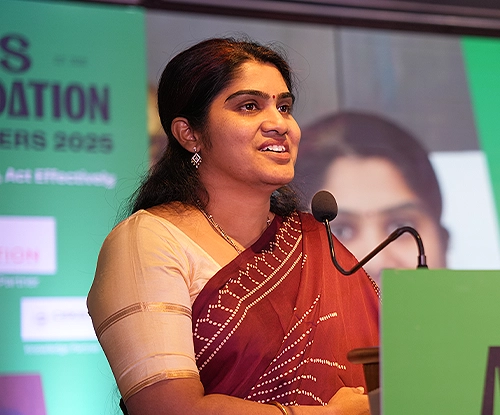
IAS, Commissioner,
Social Welfare Department,
Government of Maharashtra

Data Analytics, AI, ML, and Trading Trainer, Pune
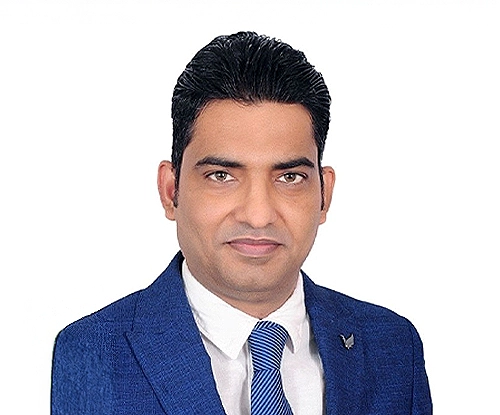
Founder & CEO - PFA Academy
Visiting Faculty - NSE, NSE Academy,
NSDL, NISM & IIM

Provost
Samarkand International University of Technology at Samarkand
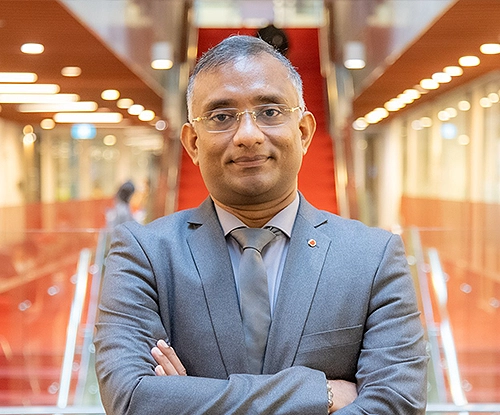
Dean Faculty of Economics, Vietnam

Vice President Academic Affairs

Executive Director and Campus Dean
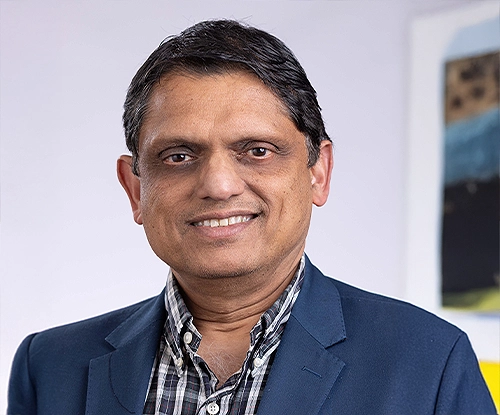
Professor,
Western Michigan University

Mayor at City of Plainview, Texas USA
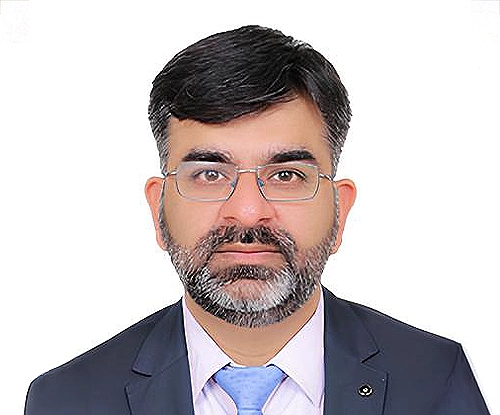
Director
Grant Thornton, Haryana
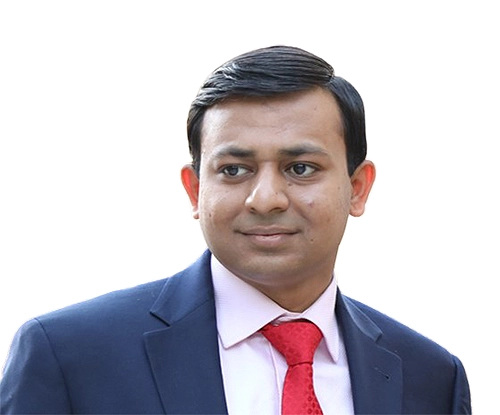
Director
Wheaton Advisors, Pune
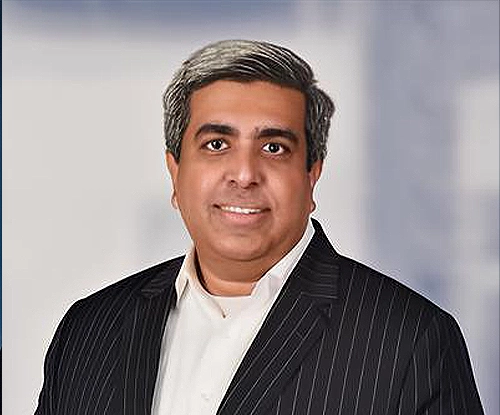
Partner
Deloitte, Bangalore
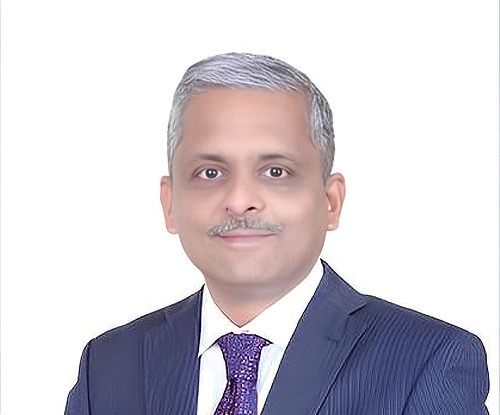
Vice President
Credit Suisse (now UBS), Pune

Certified Scrum Master and Project Manager,
Ernst & Young LLP,Mumbai

Director & CEO
Excess Edge Experts Consulting
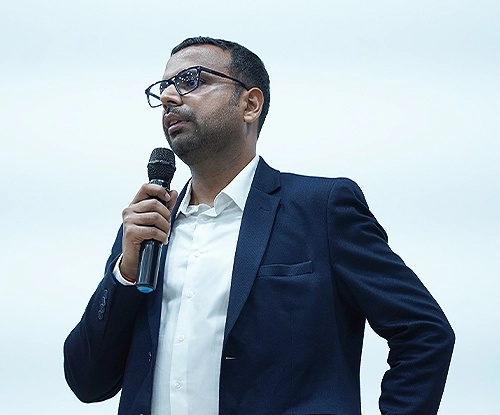
Partner of Fox Mandal
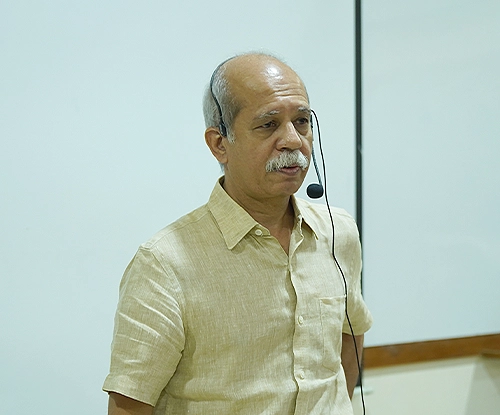
Former Chief Justice of Rajasthan & Tripura High Court

Senior Advocate,
Supreme Court of India

Indian Film Actor
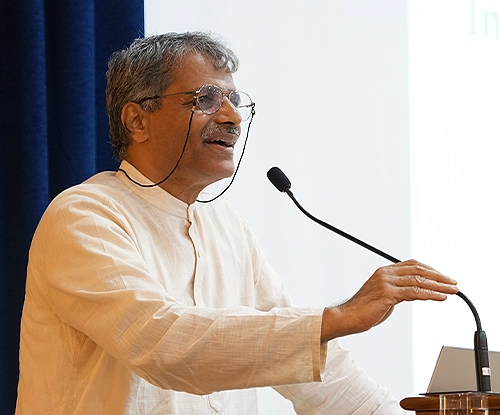
Former Vice Chancellor,
MG University
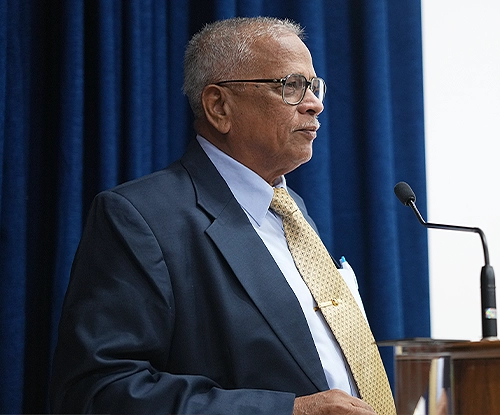
Former Judge,
Bombay High Court
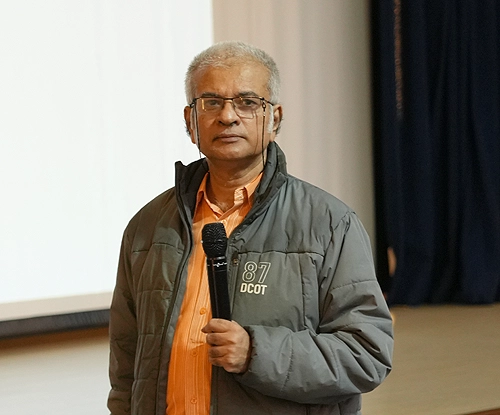
Senior IAS officer,
Principal Secretary Govt. of Kerala
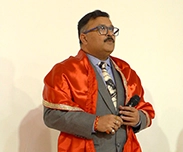
High Court Judge of Patna

Corporate Sales Manager
American Express, APAC Region
Bengaluru

Credit Risk Associate
JP Morgan Chase
Bengaluru
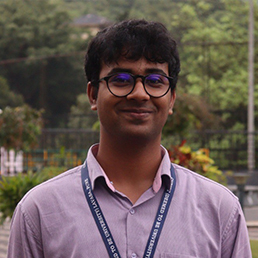
Reliability Engineer
ServiceNow
Dublin, County Dublin, Ireland

Finance Associate
Wells Fargo
Chennai

Risk Engineering Operations Analyst
Swiss Re,
Bengaluru

Business Operations Analyst and AI SME
IndiGo (InterGlobe Aviation Ltd)
Airlines and Aviation Gurgaon, Haryana

Management Trainee
Malabar Gold and Diamonds
Hyderabad
_20250713062253..png)
Relationship Manager
Tata Capital
Hyderabad

Marketing & PR Trainee
Reliance brands limited
Mumbai, Maharashtra

Sales and Marketing Director
Shree Ganesh Bearing Machinery Stores
Chennai
_20250713065540..png)
Tax Associate
PwC Acceleration Centers
Bengaluru

Data Analytics Apprentice
Google
Gurugram, Haryana

Data Analytics Apprentice
Google
Hyderabad



Socialize
with wide Numbers